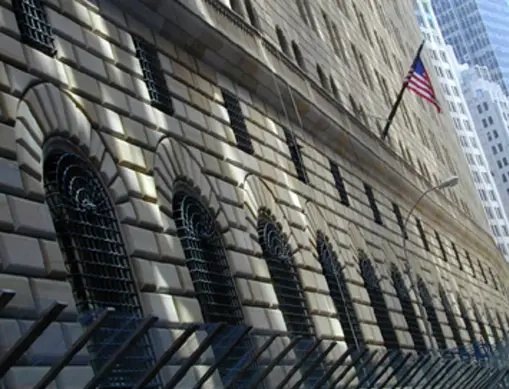On Friday Bloomberg reported that multiple economists are sounding the alarm over central bank rate hikes, noting if they continue with hawkish policy moves, it could drive the global economy into recession.
The economists noted that following the recent 50 basis point rate hikes implemented by the US Federal Reserve, the European Central Bank (ECB) and the Bank of England (BoE), all of those central banks indicated they saw a need for further rate increases, even though they conceded there were signs their economies were growing weaker.
Bloomberg noted the risks are now increasing, that if monetary policies continue to tighten, it will undermine demand and hiring to such a degree that the world economy will be driven into a slump next year.
Ethan Harris, the head of global economics research at Bank of America, said, “We’re just on the edge of a global recession.”
.The report went on to assert that what economists call the “reaction function” of policymakers, including Fed Chairman Jerome Powell, has been altered by the record-breaking inflation rates of this year, which have seen prices rise the fastest in 40 years.
The report observes that, “Normally, they’d be expected to ease credit as economies crumbled to limit damage to households and corporations,” however due to price growth being so far above their 2% target central bankers are choosing to go in the opposite direction, raising rates, even as economies contract.
Harris said, “There’s a growing sense among the central banks that they’d rather risk doing too much. They don’t want to underdo it and have to come back and hike again later.”
The report went on to indicate that in 2021, inflation got out of control specifically because central bankers underplayed the dangers of increasing price pressures due to the effects of the pandemic.
Bloomberg notes the risk now is their strict stance, tilted in the opposite direction, may make matters even worse, causing what should be a short and shallow turnaround to become a much deeper and long lasting contraction which will affect many millions more people much more harshly.
Joe Little, the global chief strategist at HSBC Asset Management said, “If 2022 was a year of the inflation surge, rising rates and falling equity market multiples, 2023 is going to be a year about the macro cycle. We have likely reached peak central bank hawkishness as the headline inflation rates begin to cool.”

